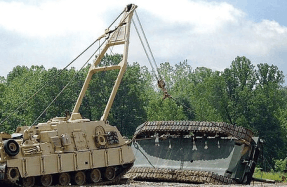With Humanity. Towards Peace

The First World War was one of the deadliest periods in history with about 40 million military and civilian casualties. Of these killed and wounded, military personnel accounted for 9 to 11 million deaths, while the civilian death toll was close to 11 million and at least 8 million deaths due to war-related famine and disease. It is too easy forget all the people who actually made extensive humanitarian efforts to relieve the misery and suffering of both military and civilian casualties.
The period from 1914-1918 offers an opportunity to examine those who chose to alleviate the suffering of both those involved in direct military conflict and those civilians that were victims of both military actions and war-related privations and the effects of disease. While it is not possible to list every organization or the individuals who gave of themselves to alleviate the miseries of the Great War, the artifacts and lasting records of these selfless humanitarians offers opportunities in some of the following examples.
THE AMERICAN VOLUNTEER AMBULANCE CORPS
The United States was a neutral power until April
You’re reading a preview, subscribe to read more.
Start your free 30 days





